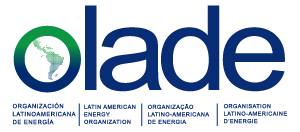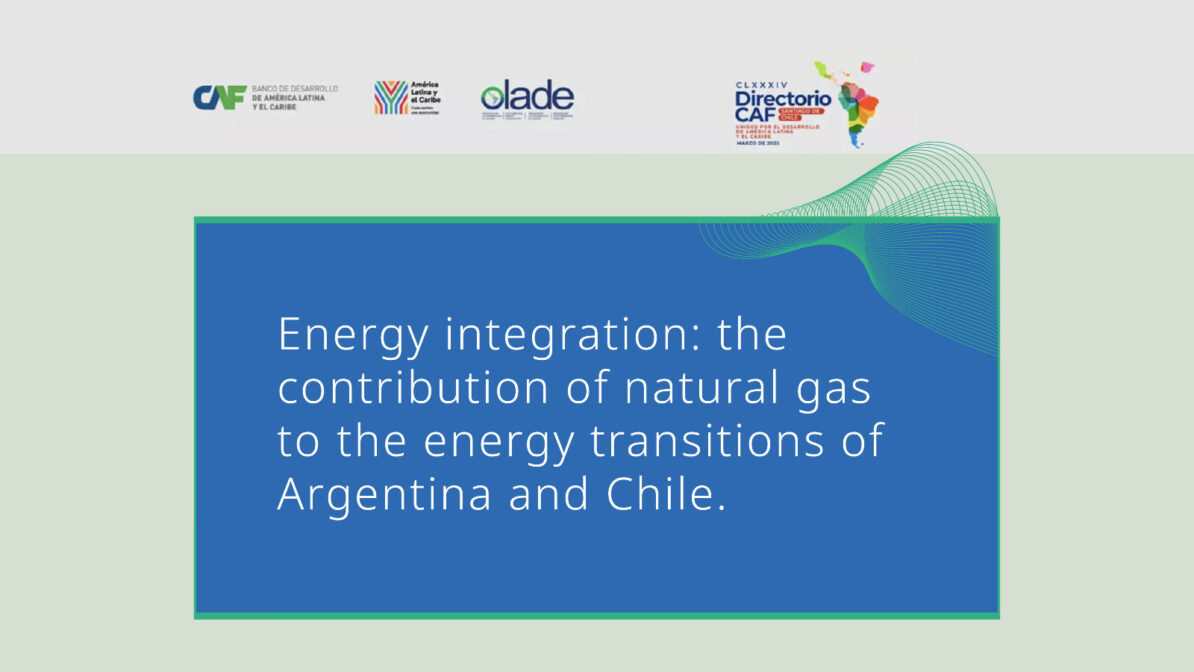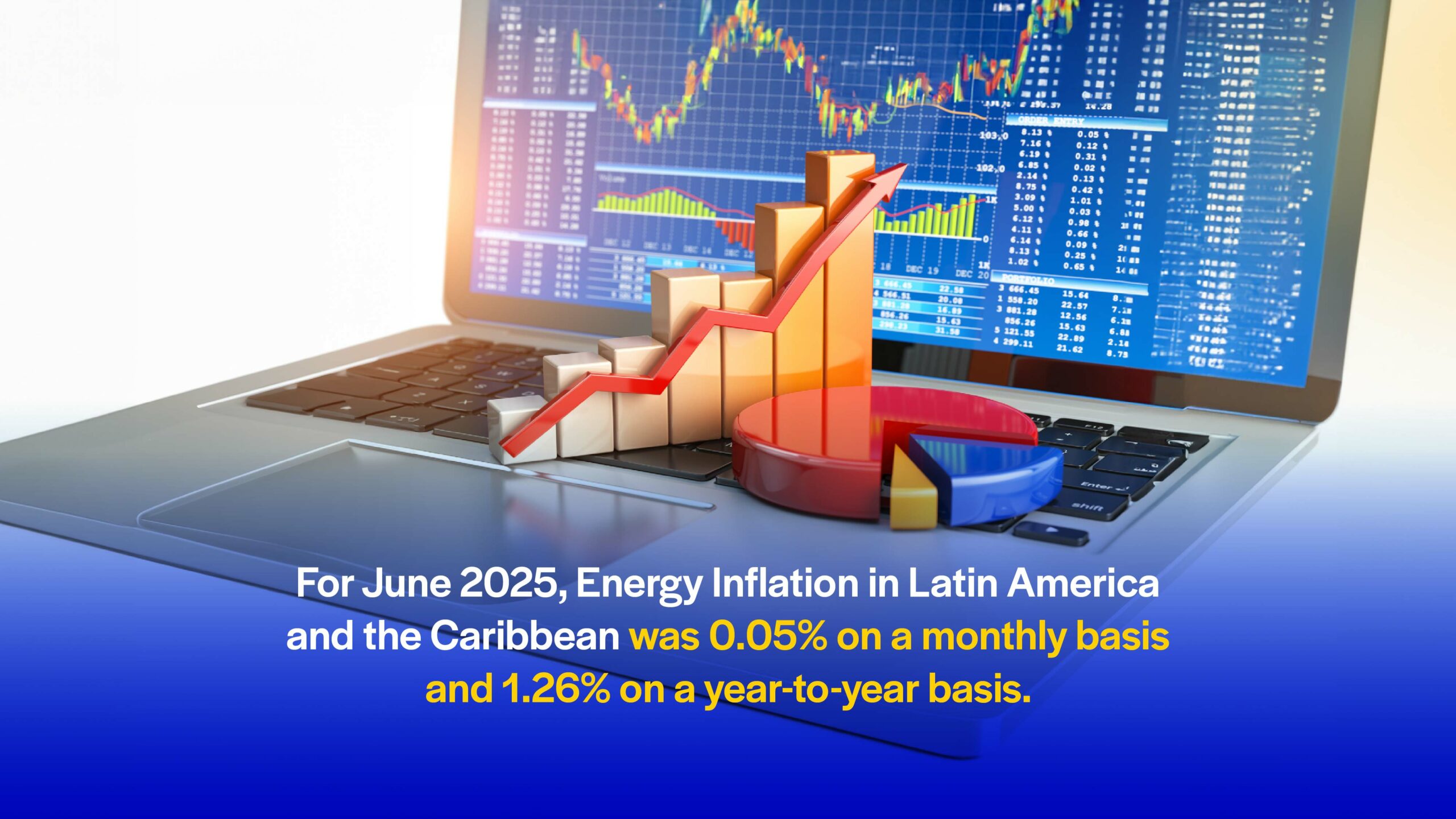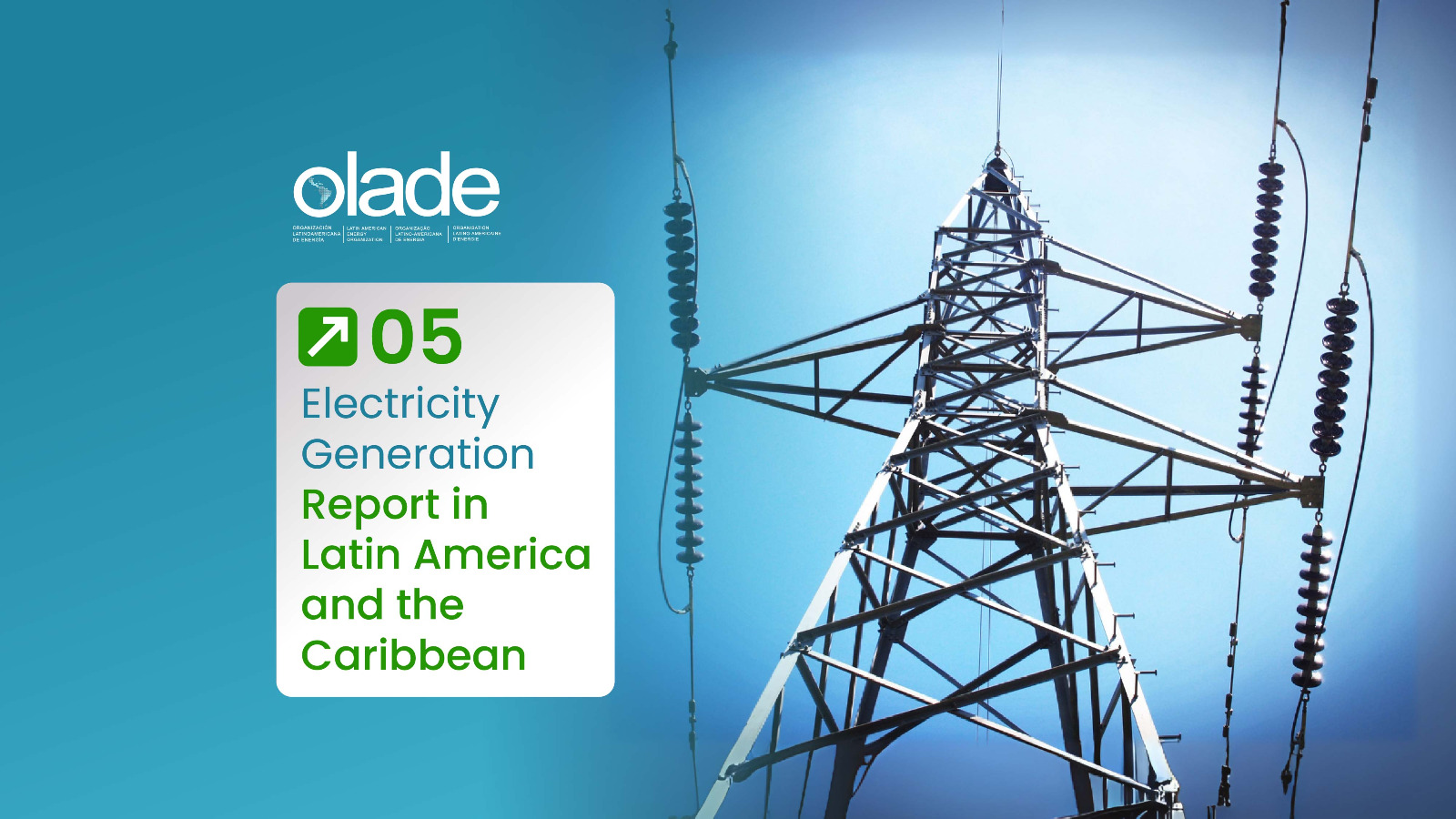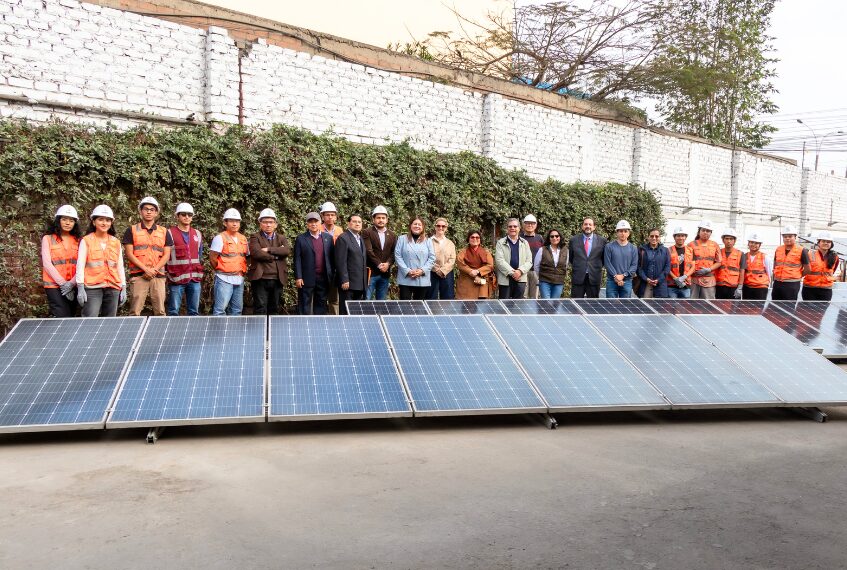Argentina and Chile are consolidating their energy integration through the “Argentina-Chile Gas Integration” project, whose results were presented during an event held at the headquarters of ECLAC, with the participation of government authorities, energy sector specialists, and private sector representatives.
The initiative, promoted by the Latin American Energy Organization (OLADE) and the Development Bank of Latin America and the Caribbean (CAF), aims to strengthen natural gas transportation infrastructure between the two countries and move toward broader regional integration, including Bolivia and MERCOSUR countries.
During the event, the main findings of the technical study developed by OLADE under CAF’s Regional Infrastructure Pre-Investment Program were presented. The report highlights the strategic potential of natural gas as a vector for industrial and energy development in Latin America.
According to the analysis, expanding the binational gas pipelines would require an estimated investment of US$3.65 Million. In addition to promoting bilateral trade, the works would increase exports, reduce imports, and lower Chile’s long-term energy system costs. The study also proposes extending the lifespan of existing infrastructure, such as pipelines and the Quintero LNG terminal, thereby avoiding the use of more polluting fuels.
OLADE’s Executive Secretary, Andrés Rebolledo, emphasized the “urgent need for energy security” in the region. “Latin America produces 4% of the world’s natural gas, and 20% of the region’s electricity generation is based on this fuel. By 2050, it is expected to still account for around 20% of the energy matrix,” he noted.
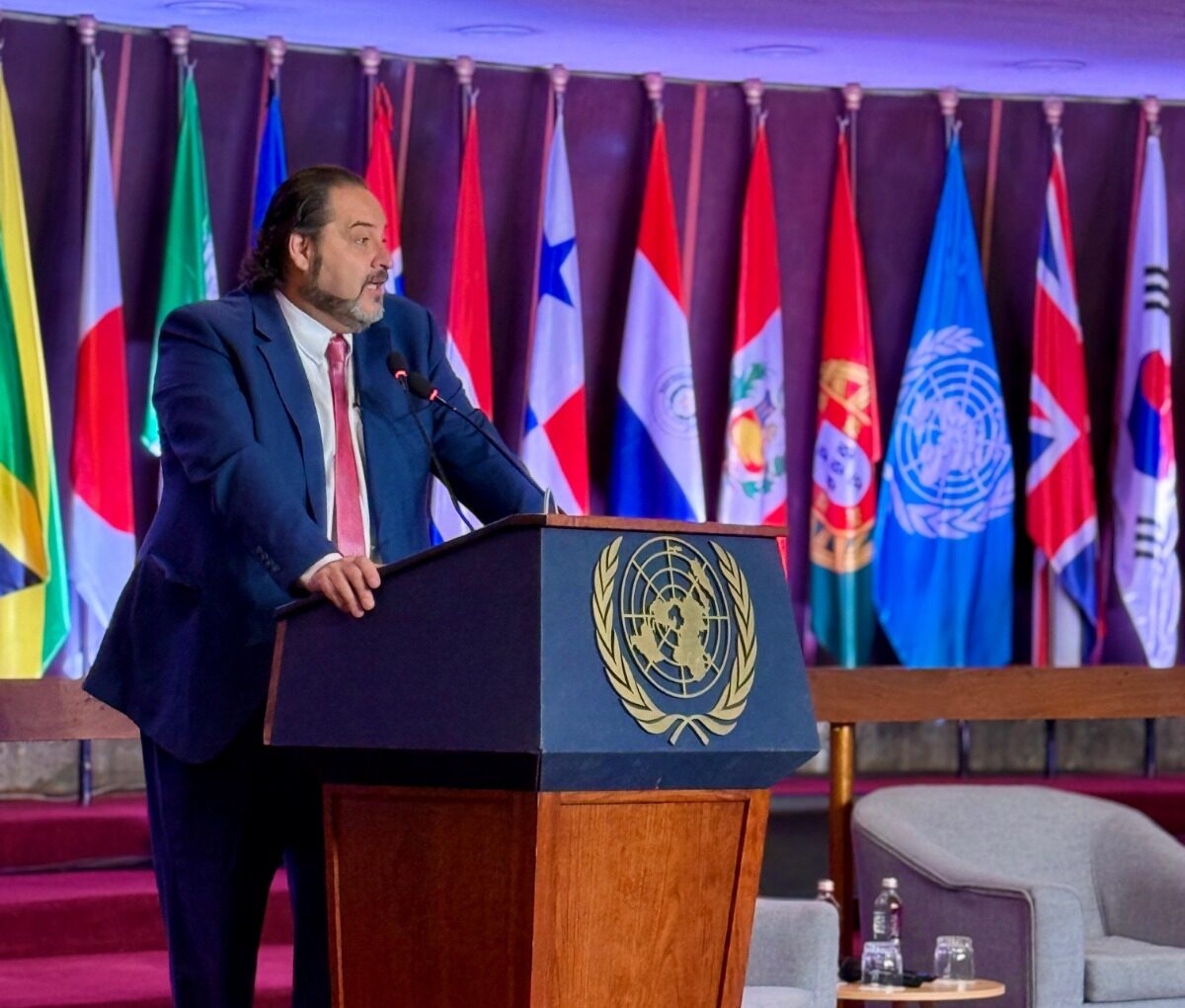
CAF’s Executive President, Sergio Díaz-Granados, stated that “natural gas will be key in the energy transition, and investing in its infrastructure is essential.” He also praised the strategic partnership between Chile and Argentina and the joint work with OLADE.
Chile’s Minister of Energy, Diego Pardow, stressed that the study “provides concrete data to support decision-making and promote public integration.” “We have a great opportunity in the regional energy market, and it’s time to step on the gas,” he added.
Argentina’s Undersecretary of Liquid and Gaseous Fuels, Federico Veller, described the current moment in his country’s hydrocarbon production as “extraordinary,” with eleven investment projects underway in the Vaca Muerta formation that will boost exports in the medium and long term. “We must be more ambitious and pursue longer-term agreements with Chile,” he said.
From the private sector, Gasandes’ General Manager, Santiago Romero Oneto, indicated that gas transport capacity is currently underutilized and called for long-term contracts to secure the financing needed for such infrastructure projects.
The panel “Gas Integration and Opportunities in Chile and Argentina,” moderated by Guido Maiulini, Head of Strategic Advisory at OLADE, addressed key challenges and opportunities to build more sustainable and efficient regional energy markets.
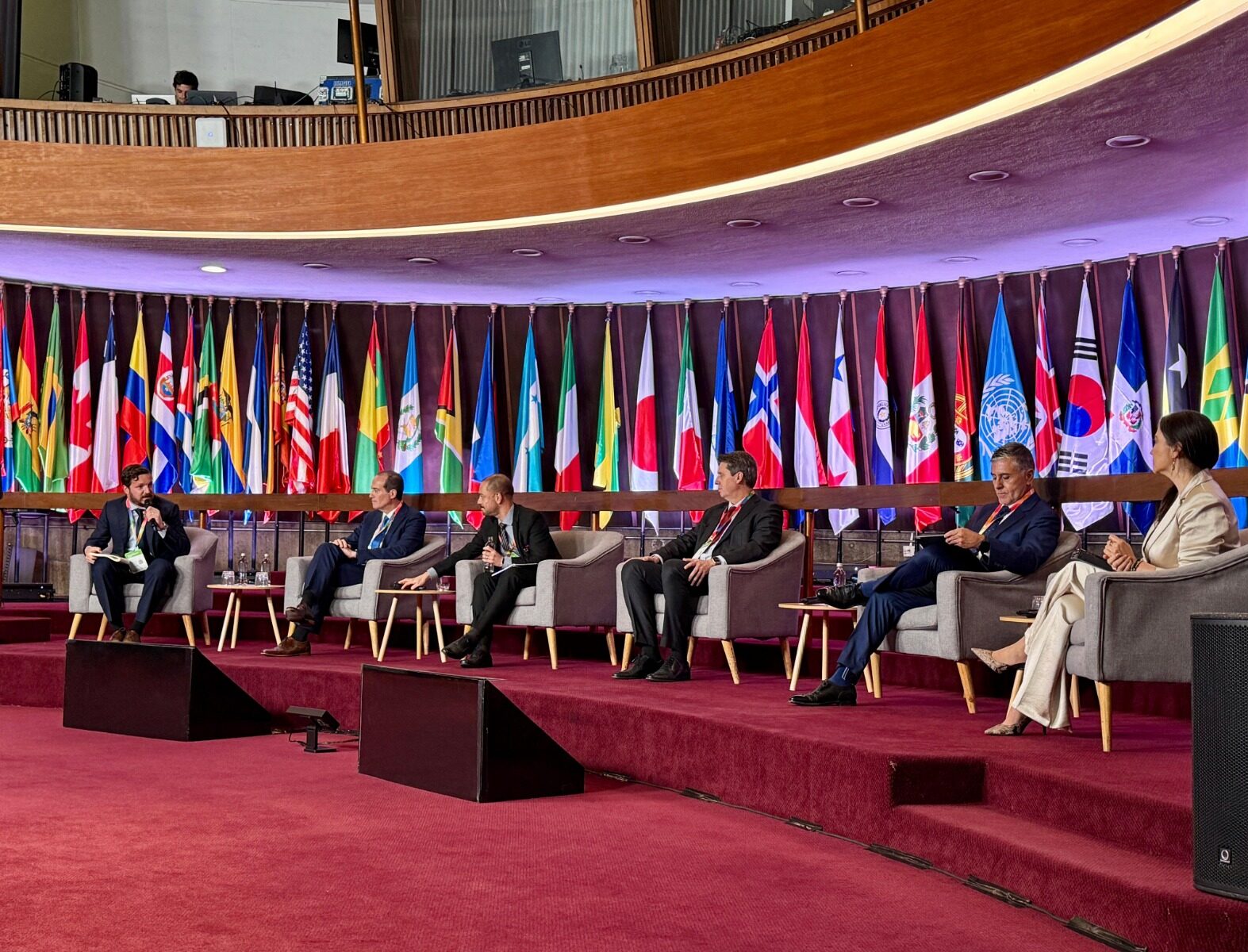
Christian Asinelli, CAF’s Vice President of Strategic Programming, reaffirmed the institution’s commitment to a just energy transition. He highlighted the agreement with ENEL Chile to accelerate decarbonization and the cooperation with OLADE to strengthen natural gas infrastructure and promote integration between Chile, Bolivia, and MERCOSUR.
Former President of Chile, Eduardo Frei Ruiz-Tagle, called for major investments in energy infrastructure and for the establishment of State policies that transcend political cycles to ensure continuity and sustained growth in the energy sector.
The event concluded with a call to continue the regional energy integration process through new stages of technical and political work, consolidating a shared vision to accelerate the energy transition and sustainable development across Latin America.
Access the full document here: https://www.olade.org/publicaciones/integracion-gasifera-argentina-chile/
